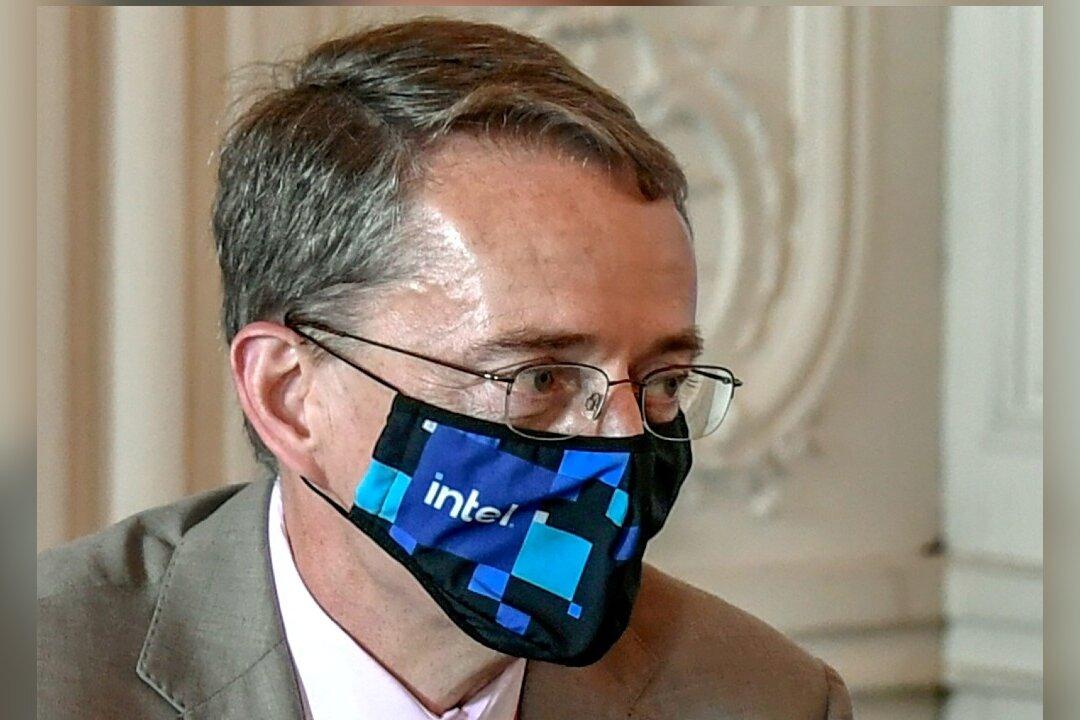Intel Corp. on Tuesday said it could invest as much as 80 billion euros in Europe over the next decade to boost the region’s chip capacity and will open up its semiconductor plant in Ireland for automakers.
Intel CEO Pat Gelsinger, speaking at Munich’s IAA auto show, also said the company would announce the locations of two major new European chip fabrication plants by the end of the year.





